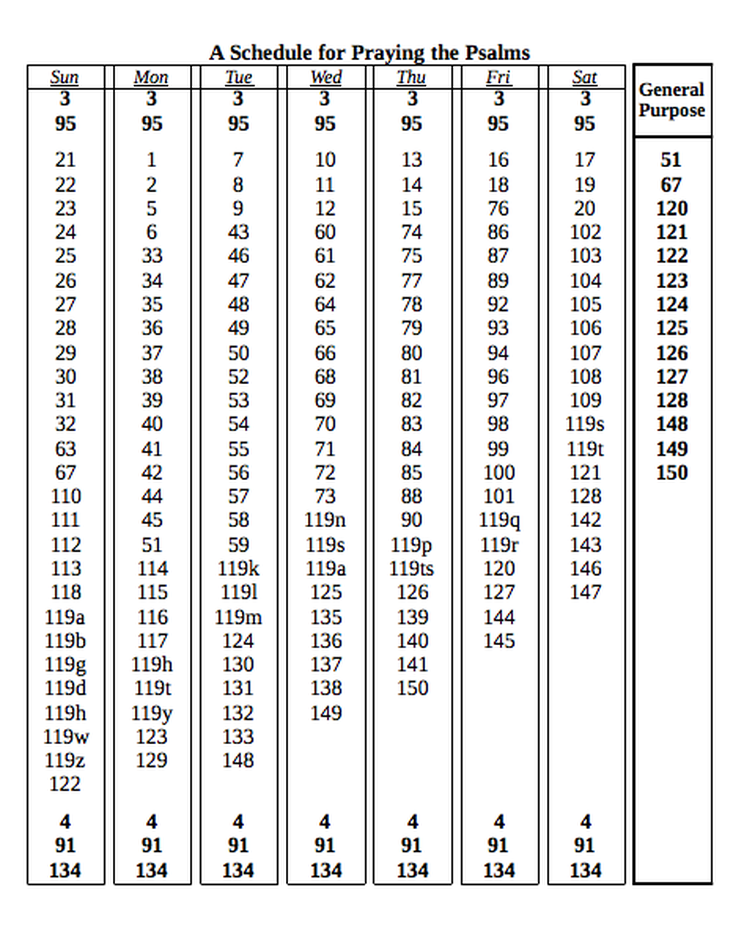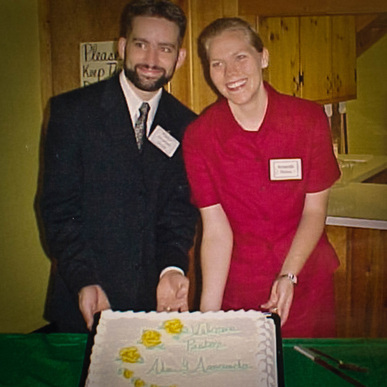Jared Wilson's piece on ministry in New England is very good and should definitely be read by all serving or thinking about serving in New England. I pray it may encourage more people to join us in serving here. For the harvest is great, but the laborers are few. But while Jared is quite accurate in his understanding of mission in New England, he doesn't quite understand being a New Englander engaged in mission. He rightly identifies an attitude of hostility that some evangelical churches harbor towards new ministries and ministers. But he doesn't seem to understand it. The basis for that attitude is well described by Eugene Peterson in Long Obedience in the Same Direction:
For who does not experience flashes of anger at those who make our way hard and difficult? There are times in the long obedience of Christian discipleship when we get tired and fatigue draws our tempers short. At such times to see someone flitting from one sensation, one enthusiasm, to another, quitting on commitments, ducking responsibilities, provokes our anger – and sometimes piques our envy. No matter that we are, on other grounds, convinced that their adulteries are an admission of boredom, that their pleasures are the shallowest of distractions from which they must return to worsening anxieties and an emptier loneliness. Even when we know we are doing good work that has good future, the foolery and enmity of these others make a hard day harder, and anger flares.
The hostility that Jared mentions is born out of our long struggle to be faithful. It is not just the 10, 20, 40, 70 years some of us have personally been faithful to our churches. With our families and churches we have inherited and continue a tradition of two, three, or four hundred years of faithful witness. This faithfulness has been fraught with hardships. New England is, and has always been, a particularly difficult place to be evangelical. Yes, sometimes we are just jealous of a new church's quick success. We need to repent of that envy. But often a new ministry in New England provokes an angry reaction from established churches because the new ministry exudes an arrogant superiority over the indigenous faith community. Humility is harder when facing arrogance. This is especially true for arrogance over weaknesses. The very presence of "new" and "exciting" exacerbates the pervading attitude of infidelity in our church culture we are fighting with faithfulness. Our tough situations get tougher. Struggling churches struggle more. The humble are humbled further. This is not necessarily the fault of the new ministries, but neither is it their glory.
Instead of the challenge of competition, most churches and pastors in New England would benefit from support, assistance, and possibly even correction, in what we are already faithfully doing. Ministries like Overseed help significantly in this work. We need sympathy for the challenges, internal and external, we face. We need help, and the desire for help, in reaching new people for Jesus in New England. What we don't need is a contest to attract the few churchgoers that are already here.
The key component to the expanding mission in New England is humility, both on the part of the established ministries and the new ones. Jared ends his piece with a call for humility. St. Benedict begins his ministry there. So do we.
For who does not experience flashes of anger at those who make our way hard and difficult? There are times in the long obedience of Christian discipleship when we get tired and fatigue draws our tempers short. At such times to see someone flitting from one sensation, one enthusiasm, to another, quitting on commitments, ducking responsibilities, provokes our anger – and sometimes piques our envy. No matter that we are, on other grounds, convinced that their adulteries are an admission of boredom, that their pleasures are the shallowest of distractions from which they must return to worsening anxieties and an emptier loneliness. Even when we know we are doing good work that has good future, the foolery and enmity of these others make a hard day harder, and anger flares.
The hostility that Jared mentions is born out of our long struggle to be faithful. It is not just the 10, 20, 40, 70 years some of us have personally been faithful to our churches. With our families and churches we have inherited and continue a tradition of two, three, or four hundred years of faithful witness. This faithfulness has been fraught with hardships. New England is, and has always been, a particularly difficult place to be evangelical. Yes, sometimes we are just jealous of a new church's quick success. We need to repent of that envy. But often a new ministry in New England provokes an angry reaction from established churches because the new ministry exudes an arrogant superiority over the indigenous faith community. Humility is harder when facing arrogance. This is especially true for arrogance over weaknesses. The very presence of "new" and "exciting" exacerbates the pervading attitude of infidelity in our church culture we are fighting with faithfulness. Our tough situations get tougher. Struggling churches struggle more. The humble are humbled further. This is not necessarily the fault of the new ministries, but neither is it their glory.
Instead of the challenge of competition, most churches and pastors in New England would benefit from support, assistance, and possibly even correction, in what we are already faithfully doing. Ministries like Overseed help significantly in this work. We need sympathy for the challenges, internal and external, we face. We need help, and the desire for help, in reaching new people for Jesus in New England. What we don't need is a contest to attract the few churchgoers that are already here.
The key component to the expanding mission in New England is humility, both on the part of the established ministries and the new ones. Jared ends his piece with a call for humility. St. Benedict begins his ministry there. So do we.
-Abraham













 RSS Feed
RSS Feed
